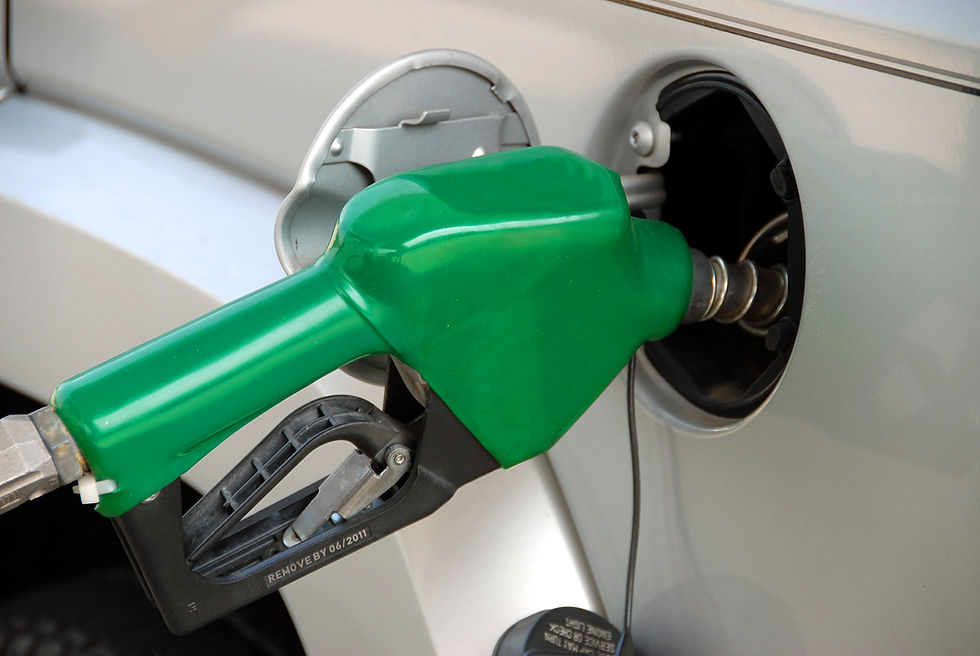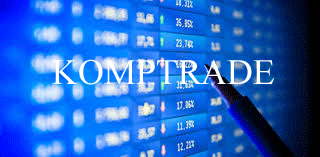Kazakhstan: Petroleum products will not be exported for four months.
- alain kwenkeu nouho

- Feb 19, 2023
- 2 min read
The ban applies to gasoline, diesel and other petroleum products, except lubricants

Oil products will not be exported for four months, with the exception of lubricants.
With this export ban, the country aims to protect its own domestic energy supply and to ensure that the citizens of Kazakhstan are not deprived of energy.
The statement issued on 8 February by the Kazakh State Revenue Committee said that the order would come into force ten calendar days after its announcement. A similar ban was previously put in place in November 2021 and withdrawn on 21 May 2022 as the country faced a fuel shortage.
Landlocked Kazakhstan is the world's ninth largest exporter of crude oil and holds three percent of the world's total oil reserves. Kazakhstan does not have a pipeline to export its gas to the EU. The Russian port of Novorossiysk on the Black Sea is the main route for oil exports.
Kazakhstan and Europe
With 70% of Kazakhstan's oil exports going to Europe, and with few other resources, the country relies heavily on this financial input.
"The country entered the global oil market in 1993, after the country's government and Chevron agreed to create a giant oil production company, Tengizchevroil, to produce oil in two large fields near the Caspian Sea. In 1997, Kazakhstan signed a production sharing agreement with seven international companies, including Agip, British Gas, BP, Mobil, Shell, Statoil and Total".
The ban in Kazakhstan came days after the EU embargo on Russian fuel imports and price caps on diesel and other products came into effect. On 5 February, the G7+ coalition and all EU Member States agreed to cap the price of Russian crude oil transported by sea.
The embargo was accompanied by a price cap on deliveries to third countries, agreed with the G7 in the same way that the EU and G7 coordinated the price cap on Russian crude last year.
Sanctions on Russian oil.
So far, two price ceilings have been established for Russian oil products: one for "premium-to-crude" oil products such as diesel, paraffin and gasoline, and one for "discount-to-crude" oil products such as fuel oil and naptha. The first price cap was set at $100 per barrel, while the second was set at $45 per barrel.
Under the agreement, EU and G7 countries will prohibit banks from financing the purchase and sale of Russian oil, insurance companies from insuring shipments and ports from unloading oil carried by tankers if it is traded at a price higher than that set by the European Union.
The EU price cap has been strongly criticised by Russia. In early February, Moscow imposed a ban on oil sales to states and entities that support the Russian oil price cap. With the exception of situations requiring special presidential approval, the ban will be in force for five months. The measure also prohibits the purchase of raw materials from Russia, even through intermediate countries or supply chains.







Comments